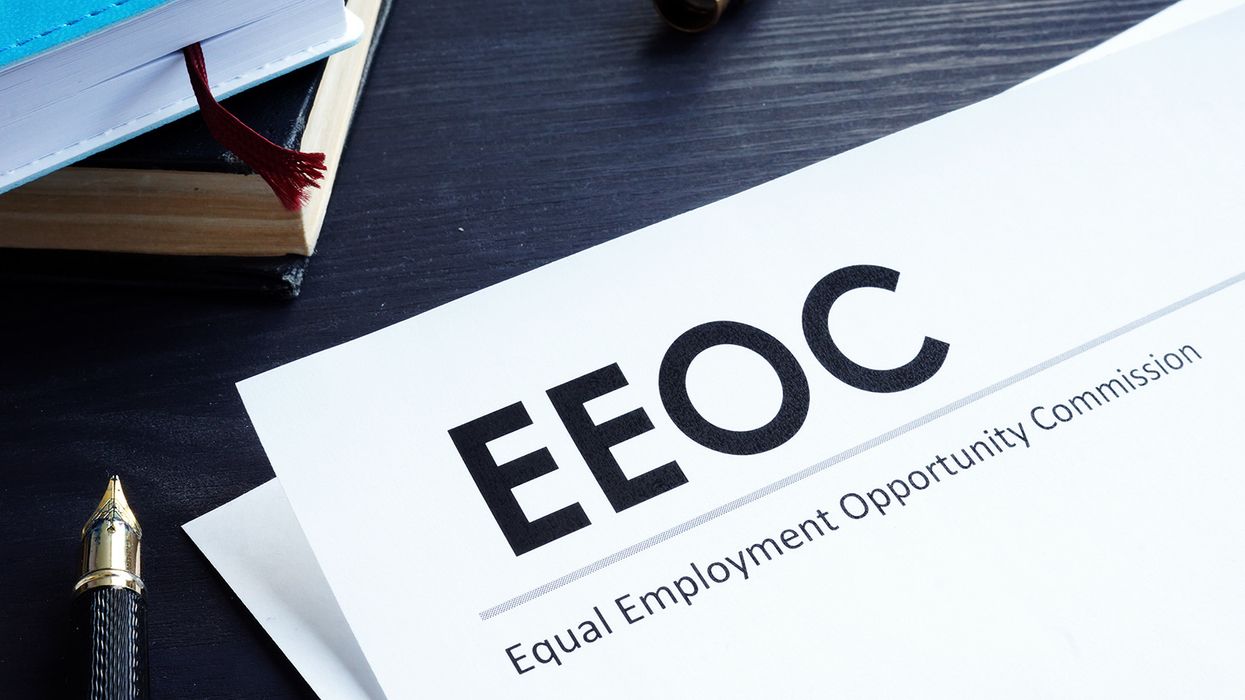EEOC doubles down on discrimination cases
The U.S. Equal Employment Opportunity Commission (EEOC) filed 143 new employment discrimination lawsuits in fiscal year 2023 according to preliminary data released by the agency. This is more than a 50 percent increase over the previous year.
An important focus, the agency notes, is on systemic discrimination lawsuits. It filed 25 such lawsuits in 2023, which is double the number in the previous three years.
The agency defines a “systemic” discrimination claim as one that targets a “pattern or practice, policy and/or class [and] where the discrimination has broad impact on an industry, profession, company, or geographic location.”
This uptick in systemic lawsuits shows that the EEOC is pursuing class action litigation, like the nationwide age discrimination suit it settled in October 2023 for $2.4 million.
In that case, the employer was accused of violating the Age Discrimination in Employment Act (ADEA) through its initiative to hire more millennials into its workforce, wherein it denied positions to applicants over 40 years old.
Discrimination against employees with disabilities also a focus
The agency’s litigation efforts also focused on single- and multiple-employee non-systemic class suits, challenging barriers in recruiting and hiring, qualification standards, and inflexible workplace policies the EEOC alleges discriminate against individuals with disabilities.
The report also notes that the agency’s 2023 litigation docket also focused on litigation involving:
- The long-term impacts of COVID-19 on certain workers,
- Pay equity, and
- Combating unlawful harassment.
Nine steps that employers can take to avoid discrimination litigation
To avoid becoming an EEOC statistic in 2024 and beyond, here are steps employers might take:
- Train HR staff and all employees on anti-discrimination laws and hold them accountable.
- Make all employees aware of their rights by properly displaying the Know Your Rights poster.
- Promote an inclusive workplace culture by fostering an environment of professionalism and respect for personal differences.
- Encourage open communication and early dispute resolution. This may minimize the chance of misunderstandings escalating into legally actionable problems.
- Establish neutral and objective criteria to avoid subjective employment decisions based on personal stereotypes or hidden biases.
- Evaluate pay structures to ensure parity and implement transparent processes for promotions.
- Update, or create robust anti-discrimination policies and require diversity and inclusion training.
- Be mindful of stereotypes and biases associated with age and proactively address these within the workplace. Also encourage cross-generational collaboration and provide training on how to be age inclusive.
- Prioritize flexibility and accessibility to ensure that employees with disabilities have the support they need to thrive in the workplace.
Key to remember: The EEOC’s heavy caseload in 2023 should serve as a reminder to employers to remain focused on fostering inclusive work environments free from discrimination.





















































